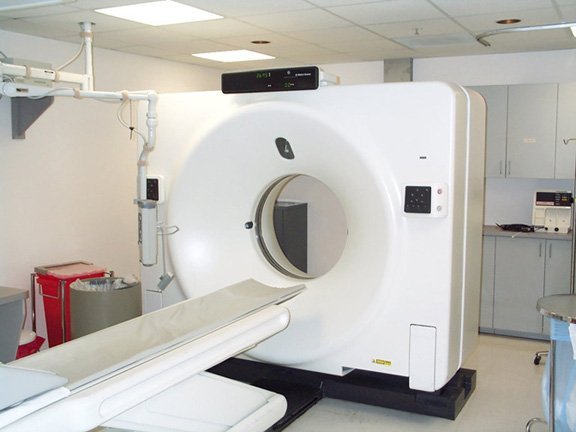Jammu and Kashmir’s healthcare sector is once again under public scrutiny—this time, not merely due to a lack of resources, but because of the growing number of reported deaths allegedly caused by medical negligence and systemic mismanagement across government-run hospitals. From premier institutions like Government Medical Colleges (GMCs) to District Hospitals, alarming incidents are surfacing almost weekly, triggering public outrage and widespread concern over the breakdown of a vital public service.
Recently, a female doctor was reportedly injured during a scuffle inside a medical institution in Jammu, raising serious questions about the safety of healthcare professionals and the deteriorating work environment. However, beyond isolated incidents of violence or chaos, the root of the problem lies in the systemic failure of the healthcare infrastructure.
A glaring example of this institutional decay is evident in several newly established Government Medical Colleges across Jammu and Kashmir. Patients and attendants frequently complain about unhygienic conditions, particularly the deplorable state of washroom facilities. These hospitals suffer from chronic staff shortages, leading to long wait times, rushed consultations, and inadequate post-operative care. Despite repeated public complaints and media coverage, little has changed, reflecting a broader pattern of systemic neglect.
Adding to the disarray is a concerning trend—elected MLAs visiting hospitals and medical colleges, not to address issues, but to maintain political visibility. These visits, often unplanned and purely symbolic, disrupt hospital operations and exert unnecessary pressure on medical staff. Ironically, many of these politicians are well aware that they lack both the authority and intent to effect meaningful change in the health sector. These superficial gestures do little beyond optics, while patients continue to suffer due to the absence of genuine intervention.
This situation is not unique to a few institutions. Most District Hospitals across Jammu and Kashmir are facing similar, if not worse, conditions. Infrastructure is outdated, critical medical equipment is either non-functional or entirely missing, and the doctor-patient ratio is dangerously low. In such an environment, expecting quality care becomes an unrealistic hope. Tragically, many patients who arrive seeking treatment end up losing their lives—allegedly due to preventable errors or delays in care.
A critical issue further compounding the crisis is the unchecked private practice of government doctors. Although the law prohibits such practice during official working hours, the reality on the ground tells a different story. A significant number of doctors prioritize their private clinics over public responsibilities, often leaving government hospitals understaffed during peak hours. This unethical dual practice not only compromises patient care but also erodes public trust in government institutions.
Equally troubling is the increasing brain drain among qualified healthcare professionals. Many young doctors and specialists prefer to move to the private sector, leave the region, or even emigrate, driven by poor infrastructure, limited career growth opportunities, lack of security, and the absence of modern diagnostic tools in government hospitals. Those who remain often feel demoralized and overburdened, caught between a collapsing system and rising public expectations.
Unfortunately, the government appears either unaware of or indifferent to the severity of the crisis. Instead of initiating proactive policy reforms or investing in infrastructure, the response is often limited to blame-shifting and cosmetic changes. Healthcare should be a priority sector, yet it receives neither the political attention nor the budgetary support it desperately needs.
Meanwhile, the public is bearing the brunt. Social media is awash with disturbing videos and posts that expose the system’s failures—patients lying on hospital floors, attendants pleading for doctors, and heartbreaking accounts of lives lost due to negligence or delays. This growing outcry is not just emotional—it is a desperate plea for accountability and meaningful reform.
To address this crisis, the administration must first acknowledge the scale of the problem. It must invest in modern infrastructure, hire adequate and qualified staff, enforce strict regulations against unethical practices, and cultivate an environment in which doctors are motivated to serve with dedication. Without urgent action, the consequences could be catastrophic—not only for patients, but for the entire healthcare ecosystem in Jammu and Kashmir.
The time for token gestures is over. The people of Jammu and Kashmir deserve a healthcare system that is humane, efficient, and accountable. This is not merely a policy issue—it is a matter of life and death.
(The author is a former trade union leader, columnist, and TV debater. He can be reached at mrafiqr65@gmail.com)






